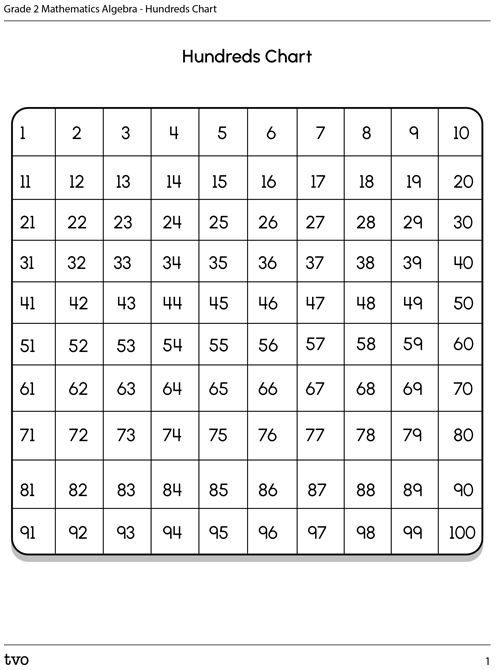Minds On
Skip counting
Use the following number line or hundreds chart to help you count by…
- 1s from 11 to 19
- 1s from 9 back to 5
Then skip count by…
- 2s from 5 to 15
- 2s from 20 back to 10
- 3s from 0 to 15
Number line 0-20
Hundreds chart
You may use this printable Hundreds Chart or the following interactive.
Brainstorm
When do we use skip counting in the real world?
Now that you have practiced some skip counting, brainstorm some examples of how we might use skip counting in our daily lives. What are we counting?
For example, counting times a ball bounces before picking it up.
Make a list using a method of your choice.
Action
Unsolved cases from the Number Hall of Fame

The Number Hall of Fame was missing some famous numbers.
You have been asked to help examine some unsolved case files.
Check out the interactive number line or a hundreds chart to help you with the following case files.
As you solve each case, the cases will keep coming.
Record your answers in a method of your choice.

1, 2, 3, (Blank), 5
28, 27, 26, (Blank), 24, 23, 22
6, 8, (Blank), 12, 14, 16
2, (Blank), 8, 11, 14, 17, 20
19, 16, 13, (Blank), 7
Number lines 0-30
Hundreds chart
You may use this printable Hundreds Chart or the following interactive.
Consolidation
Your turn to create a missing element problem

Now it’s your turn. Create two missing element problems following these instructions:
- the first problem shows a pattern but does not involve numbers
- the second problem may show a pattern or be solved with a pattern but involves numbers
- both must have a missing number or element
Record your missing element problems in a notebook or a method of your choice.
After creating your problems answer these questions:
- How did you decide what to create?
- Which one did you enjoy creating more? Why?
- What strategies might someone use to solve your problems?
Record your ideas in a notebook or a method of your choice.
Reflection
As you read through these descriptions, which sentence best describes how you are feeling about your understanding of this learning activity? Press the button that is beside this sentence.
I feel...
Now, record your ideas about your feelings using a voice recorder, speech-to-text, or writing tool.
